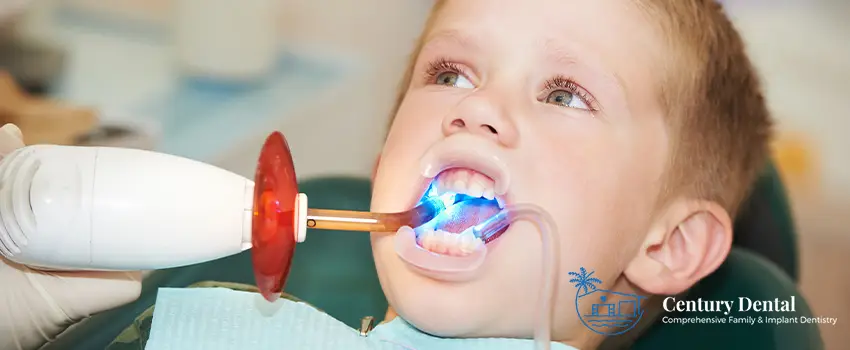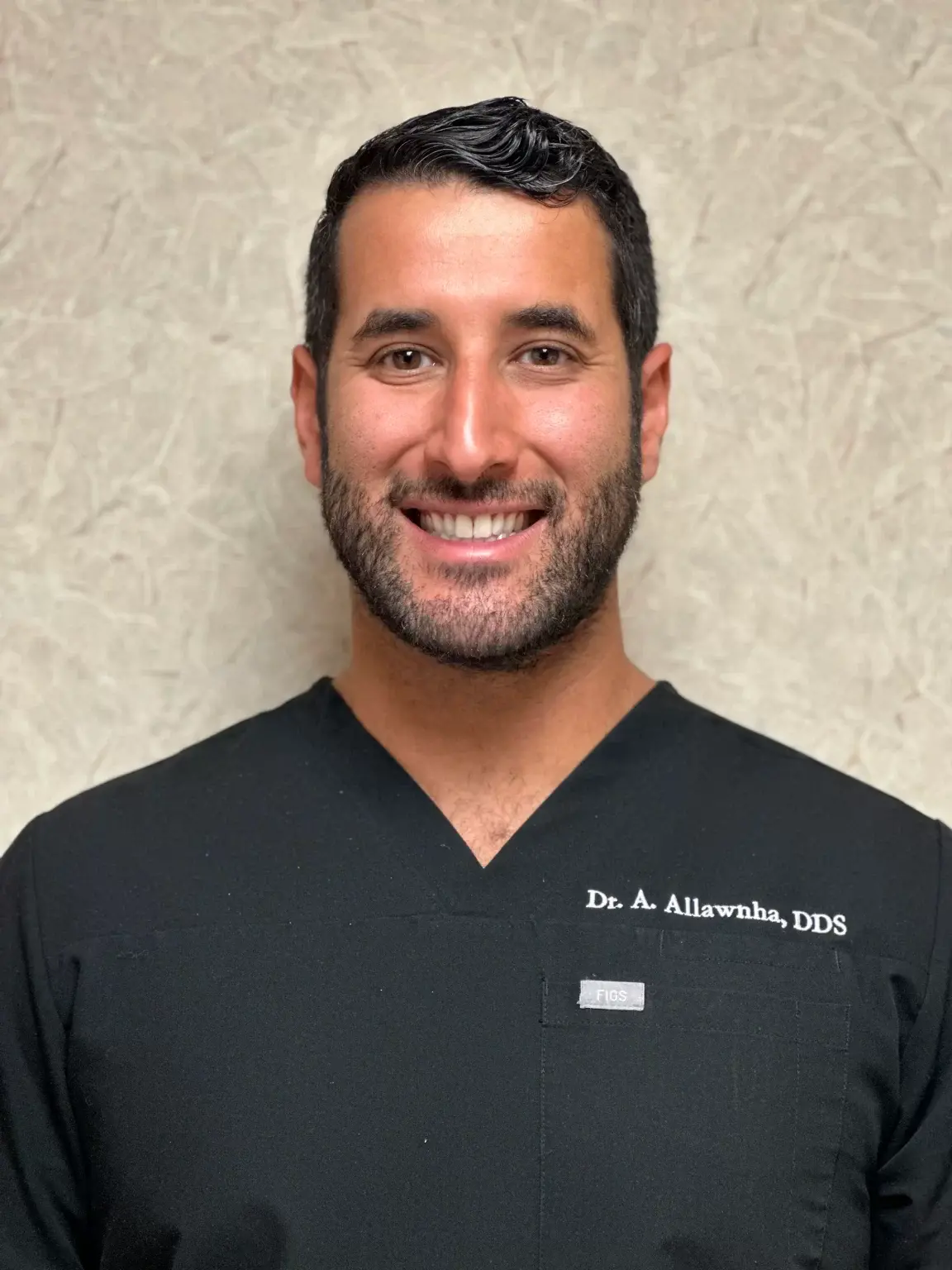Having a chipped or cracked tooth can cause a lot of pain, not to mention the impact it is going to have on your self-confidence. If you want to get rid of your chipped tooth, teeth bonding is your best solution for that. Teeth bonding is a dental procedure where the dentist applies a tooth-colored resin on your teeth and repairs the damage.
Compared to other cosmetic dental procedures such as crowns and veneers, teeth bonding is the most cost-effective solution for cracked and discolored teeth.
What is Teeth Bonding?
Teeth bonding, also known as dental bonding, is a cosmetic dental procedure that corrects any damage to the teeth that causes them to appear chipped or cracked. It is a simple procedure that doesn’t require the use of anesthesia and takes only one visit to the dentist to complete.
The process of teeth bonding starts with your dentist choosing the best color for the composite resin to make it look natural to your teeth. The dentist will then roughen the teeth, apply the bonding agent, mold it to take the shape of your teeth, and then let it harden using ultraviolet light. It is a simple procedure that takes no more than two hours to accomplish.
Who Needs Teeth Bonding?
Anyone who has basic damage to their teeth can get the treatment. Teeth bonding fixes any dental imperfection such as cracks, discoloration, and decay. It can also be used to close small gaps between the teeth. Aside from that, tooth bonding can also increase the size of the tooth, so if one of your teeth is smaller than the others, you can undergo teeth bonding to fix it.
Does Teeth Bonding Hurt?
No. Since bonding is a fast procedure, it does not require any anesthesia. The dentist will simply apply the resin to your teeth and let it harden. The procedure will take thirty to sixty minutes depending on the damage, and you can continue with your normal day after the procedure.
Benefits of Teeth Bonding
Bonding is the best choice for easy repair and correction of the appearance of damaged teeth. It can be used for other dental concerns such as:
- Improving the appearance of discolored teeth
- Fixing gaps between teeth
- Repairing cracked teeth
- Giving teeth proper height and shape
What to Expect Before the Procedure
Teeth bonding is a simple procedure. It does not require specific preparation before the appointment. Make sure to consult with your dentist to see if the procedure will be the best option for your condition. If you have severe tooth decay, dental bonding may not be right for you.
Bonding is best in the low bite pressure areas of the mouth such as the front teeth. If you have dental damage in high bite pressure areas of your mouth, any dentist will recommend getting a veneer or crown instead.
What to Expect During the Procedure
During the teeth bonding procedure, you will go through the following steps:
- Your teeth will be roughened while the dentist mixes the composite resin that will be perfect for your teeth color.
- The resin will be applied to the damaged area and will be used to fill in the cracks on your teeth and straighten their appearance.
- The dentist will then use UV lights to harden the resin
- You will be asked to test whether the bite is perfect or if it still needs to be smoothened perfectly
How Much Does Tooth Bonding Cost?
The average cost of dental bonding can range between $200 to $400 depending on the intensity of the damage.
What to Expect After the Procedure
After the procedure, you won’t have any specific dental care routine to follow. Although your teeth may feel a little weird for the first few weeks, your mouth will adjust, and everything will be back to normal in no time. After a few weeks, the resin added to your teeth will become less noticeable.
How Long Does Tooth Bonding Last?
Bonding may not be as long-lasting as other dental treatments, but it can still last for a reasonable amount of time. It depends on the position of the teeth; bonding on the front teeth can last for 4-8 years, while bonding on the back can last for 3 years or so. It also depends on the bite area and how you take care of your mouth after the procedure.
Teeth bonding is perfect for chipped and damaged teeth, but don’t forget to take all the safety measures and avoid eating foods that could stain your teeth. The best thing you can do for your bonded teeth is to follow a good oral hygiene routine that includes brushing, flossing, and many more.
How to Care for Bonded Teeth?
Taking care of your bonded teeth helps extend their life. Here are some tips you can follow in caring for your bonded teeth:
- Avoid eating hard food
- Quit biting your nails
- Avoid coffee and tobacco for the first week after the procedure to avoid stains
- Visit your dentist regularly for cleaning
For all of your dental needs, Century Dental has the best dentists in South Pasadena, FL. We do dental bonding and follow-up appointments to make sure that your teeth are in their best condition all the time. Set an appointment today. Contact us!





